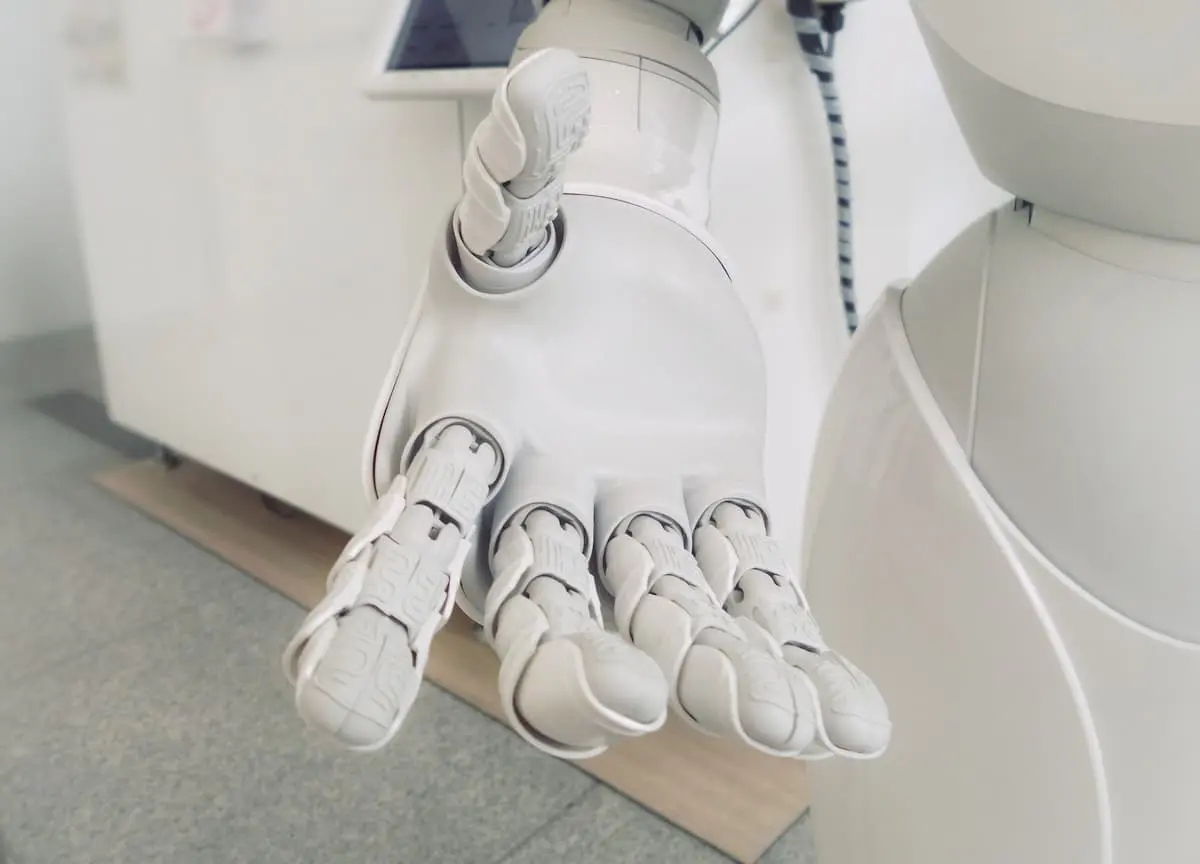If you’re just diving into the world of artificial intelligence (AI), the sheer number of terms and confusing jargon can make the subject seem totally out of reach. Machine learning and deep learning are terms that could make any marketer’s head spin.
But it’s not as confusing as you may think, and because our mission at the Marketing Artificial Intelligence Institute is to make AI approachable for marketers, we’ll break it down for you.
Machine learning and deep learning refer to two different, but related, kinds of AI. In short, deep learning is a kind of machine learning—but there’s more to it than that.
What Is Machine Learning?
Machine learning has been defined a number of different ways, and answers could vary slightly depending on whom you ask. Here’s our take: Machine learning is a process where computer systems learn from data, then improve their ability to make predictions or recommend actions based on that data.
This improvement can happen in two ways:
-
Supervised machine learning: A computer learns from a set of data (a “training set”), with the end goal of the computer making predictions, taking an action, or performing some task on its own. This data is usually organized or classified in some way, and sometimes a human has to tell the machine whether its preliminary predictions, actions or tasks are right or wrong. The more data a computer has to learn from, the more correct or accurate its performance may be.
-
Unsupervised machine learning: The end goal here is for the machine to find commonalities or trends within the data. For that reason, the data given to the machine in this type of machine learning is usually not organized, tagged or classified in any way. Using sophisticated mathematical techniques, the machine analyzes data without any guidance, identifying patterns in the data on its own.
Here’s a simplified, real-world example of machine learning:
Let’s say you want to teach a computer to help you organize a vast image database. You’ll do this by training the computer to classify certain images in certain ways. You may give it 10,000 images of animal faces and 10,000 images of human faces.
Through supervised machine learning, the computer eventually learns which images are animals and which are humans. Going forward, with the right learning model and enough time, it will be able to accurately tag images as containing a human or an animal, which helps you organize your database accordingly.
What Is Deep Learning?
Deep learning is a subset of machine learning that uses techniques similar to the human brain to perform tasks typically reserved for humans. This can include anything from automatically writing text to powering self-driving cars.
Deep learning allows machines to solve incredibly complicated problems because the system—called a neural network—completes a task repeatedly, altering its process slightly each time to make gradual improvements.
Deep learning requires huge amounts of data and computing power to yield accurate results, and those results power things like automated cars. For example, after learning from tons of data about what a stop sign looks like, deep learning allows a car to recognize a stop sign even when slightly obscured by something like snow or foliage.
How Machine Learning and Deep Learning Apply to Marketing
Machine learning, just like other kinds of AI, is drastically changing how marketers work by automating tasks and making jobs more efficient. If you have access to a large amount of data, you can apply machine learning to find insights humans can’t, perform tasks with great accuracy and improve performance better than humans.
Notably, if your competitors are applying machine learning to their data—or even widely used industry data—they're going to develop an advantage at a rate you couldn't match manually.
We’ve written about all kinds of helpful marketing tools that utilize machine learning and deep learning. Here are a few examples:
-
How Marketo Uses Machine Learning for Personalization and Prediction
-
Streamline the Content Marketing Process with Machine Learning
Learn More About How AI Can Give Your Marketing Strategy a Competitive Advantage
There’s a conference for marketers who want to get started with AI: The Marketing Artificial Intelligence Conference, or MAICON.
MAICON is happening July 16-18, 2019 in Cleveland, Ohio, and will take you beyond the splashy headlines and industry jargon to explore the business and practice of AI through workshops, keynotes, and breakout sessions.
Elizabeth Juran
Elizabeth Juran is Ready North's director of operations. She joined the agency in March 2017 with a background in corporate marketing and communication.



